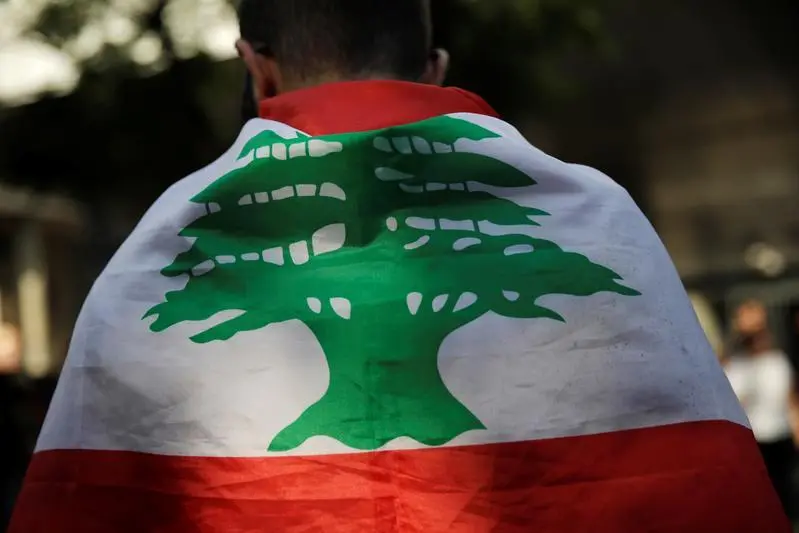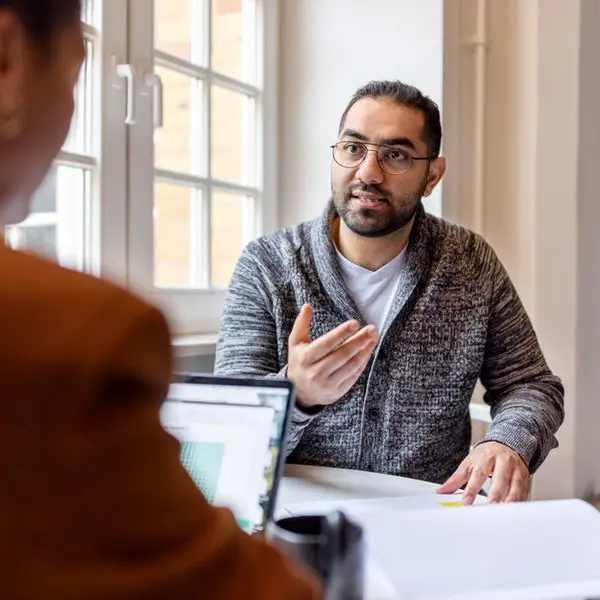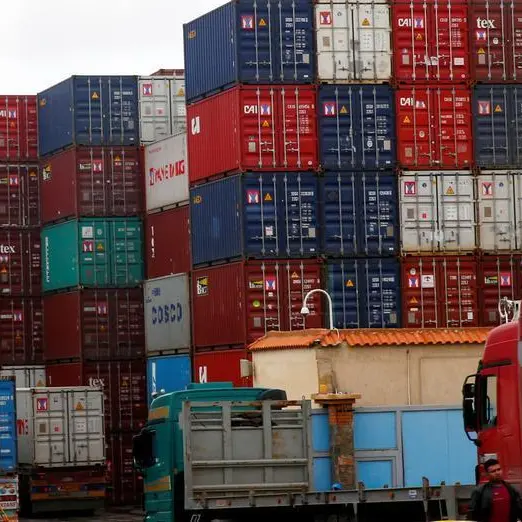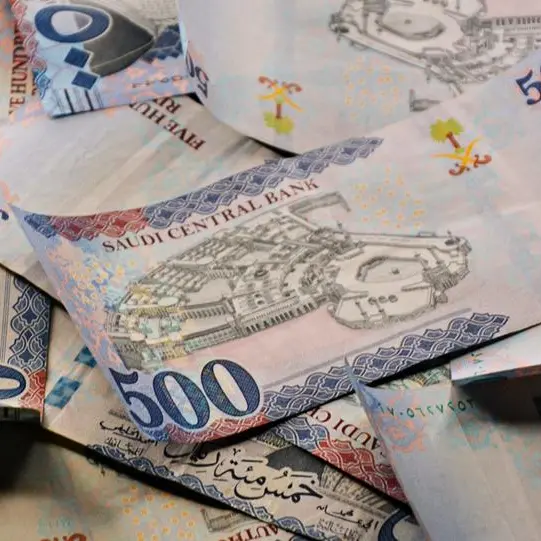PHOTO
Lebanese media have been spreading the news of Wafiq Safa — the notorious Hezbollah security official — sending a threat to judge Tarek Bitar, who is in charge of the Beirut port explosion investigation. The message, sent via a reporter, was supposed to intimidate the judge; however, he seemed undeterred by the power of the group and remained determined to do his job and pursue the truth.
Bitar’s courage has given new impetus to the Lebanese who seemed, for a while, to have surrendered to the country’s stagnant situation. The attitude of Bitar has encouraged people, from Maronite Patriarch Bechara Boutros Al-Rahi to ordinary Lebanese on the street, to say “no.” “No, we reject this situation, where we are controlled by a corrupt elite that is protected by an armed group. No, we don’t want a regime, we want a true state.” The important question now is: Will the international community give them a hand?
The young judge is continuing to summon people for his investigation. So far, he has found support from the judiciary. When former Public Works Minister Youssef Fenianos filed a lawsuit asking that Bitar be removed from the case, his demand was rejected. The courage of the judiciary is inspiring the Lebanese people. People took to the streets, appalled by the arrogance and the transgression of Safa, and showing support for Bitar. Meanwhile, the patriarch — who on several occasions has alluded to Hezbollah’s illegal weapons — this time mentioned “the armed group that is under the control of a foreign state” and denounced its influence. In parallel, a new sovereign group is forming that has two demands: Removing illegitimate arms and removing the corrupt political class.
A representative of the families who lost loved ones in the Beirut explosion said that, despite all the corruption and politicization, the judge gives people faith in the judiciary and in justice. This can rekindle their faith in the Lebanese state. This is important, as a state exists only when people believe in it. When they lose that belief, they go back to their tribes and clans and what we get is the disintegration of the nation. This had been starting to happen. People were losing hope of any change. Those who could leave, did so, while those without the means or opportunity to emigrate decided to adapt and become self-reliant, forgetting there is an entity called the Lebanese state. But those judges, spearheaded by Bitar, who decided to walk the line and not to stray under political pressure, have given people faith that something can be done and that Lebanon is not a lost cause after all.
How can the Lebanese and the world capitalize on this momentum? It has been lost twice before. After the spark of protest in 2019, the politicians were scared — it was a moment of change. However, there was not enough coordination and not enough pressure from outside to force the change. Unlike what Lebanon witnessed in 2005 following the assassination of former Prime Minister Rafik Hariri — when, due to a popular movement and pressure from the West, the Assad regime was compelled to leave — the movement lost its oomph and the international community did not apply enough pressure to instigate change. The second moment that was lost was after last year’s Beirut explosion. Then, angry people took to the streets, wanting to “hang the gallows” for the politicians. But they became preoccupied with relief, as did the international community. Also, the visit of French President Emmanuel Macron gave Lebanon the false promise of a government of experts that never materialized. Today, Bitar is creating new momentum that the Lebanese and the international community should capitalize on.
The Lebanese should start organizing. The popular movement should morph into a political force. The groups are diversified and disagree on many issues, but they are united by their common desire to uproot the current political elite. Despite their differences, in next year’s elections they should have one list in each district to compete with the traditional political class.
An election expert once used Saad Hariri as an example. She told me that, though the people of Beirut are disappointed with him, if he runs, he will win, simply because, against him, 20 rookies will run — and the opposition voice, which is a majority, will be divided among 20 candidates. To solve this problem, the civil society groups that are getting ready to present candidates should run primaries. When primaries are held, even unofficially, then each candidate will know their popular weight and someone who does not have enough votes to win will step aside and give their votes to someone who has better prospects. Such primaries would form the basis of coalitions and alliances to ensure strong candidates that can break through the inertia of the system and the gerrymandering of the districts that promotes and perpetuates the current power structure.
And on the foreign level, the international community should start laying down red lines for the political elite and for Hezbollah. They should make it clear that Bitar is untouchable and that any harm done to him or his family would lead to grave damage to Hezbollah, Iran and Bashar Assad. It should also make sure that the elections are conducted under UN supervision to ensure there is no intimidation or coercion, as well as no cheating in the ballots. This should be a condition for any negotiations that precede aid deliveries to Lebanon.
Finally, the international community should make sure that the army is there to protect the people and not those who have oppressed them and embezzled their hard-earned savings. The international community should make sure that the army and its commander are shielded from political influence and that it protects the people and their right to peaceful protest. The international community should also lay down red lines when it comes to presidential candidates and make any aid conditional on the candidates being people of integrity and independence.
For the third time, the protest movement has gained some momentum. The Lebanese and the international community should capitalize on it. If the Lebanese have some hope and get their act together — and if the international community shows some decisiveness — the investigation, coupled with the upcoming elections, can create major changes in the next year.
*Dr. Dania Koleilat Khatib is a specialist in US-Arab relations with a focus on lobbying. She is co-founder of the Research Center for Cooperation and Peace Building, a Lebanese NGO focused on Track II. She is also an affiliate scholar with the Issam Fares Institute for Public Policy and International Affairs at the American University of Beirut.
Copyright: Arab News © 2021 All rights reserved. Provided by SyndiGate Media Inc. (Syndigate.info).





















